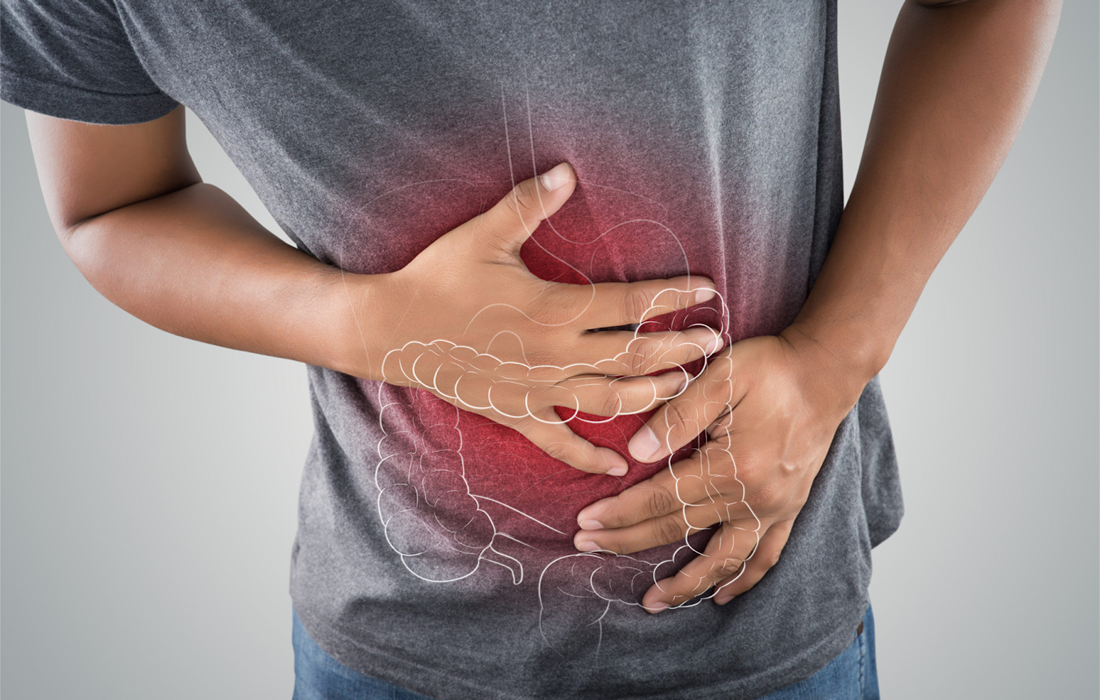Regenerative Medicine News and General Information
New Treatment for Ulcerative Colitis
Ulcerative colitis (UC) is a form of chronic inflammatory bowel disease (IBD) that affects more than 5 million patients worldwide. Studies have indicated that UC development is a long-term process that includes various unclear etiologies.
Current therapies for ulcerative colitis (UC) fail to achieve satisfactory disease control. Selective inhibition of Janus kinase (JAK) type 1 may improve clinical outcomes in patients with UC while avoiding side effects associated with pan-JAK inhibition.
Whats new?
Minhu Chen, PhD, a professor of medicine and gastroenterologist at Sun Yat-sen University in Guangzhou China, and his team, conducted a phase 2 study across 63 clinical centers in China, the United States, Poland, and Ukraine, a randomized, double-blind, placebo-controlled trial.
Between April 2019 and February 2021, 164 patients between 18-75 years old, were randomly assigned to receive 8 mg of oral ivarmacitinib once daily, 4 mg twice daily, 4 mg once daily, or a placebo for eight weeks with a duration of at least 3 months.
After the 8-week treatment phase, patients were given the option to enter a blinded, active-treatment, 8-week extension phase. Patients who received ivarmacitinib in the treatment phase remained in the same treatment group during the extension phase, and patients who received the placebo were randomly assigned to one of the three active treatment groups. Patients were then followed until 2 weeks, adding up to a total study duration of 18 weeks.
All of the ivarmacitinib treatment groups showed statistically significant greater clinical responses rates at week 8 compared with the placebo group. The response rates were 46.3% for patients who took 8 mg once per day, 46.3% for those who took 4 mg twice per day, and 43.9% for those who took 4 mg once per day, as compared with 26.8% for those who took the placebo.
In addition, the rates of clinical remission at week 8 were 22% among the 8 mg group, 24.4% among the 4 mg twice daily group, and 24.4% among the 4 mg once daily group, as compared with 4.9% for the placebo.
Endoscopic improvement at week 8 was achieved by 11 patients (26.8%) in the 8 mg group, 12 patients (29.3%) in the 4 mg twice daily group, and 15 patients (36.6%) in the 4 mg once daily group, as compared with six patients (14.6%) in the placebo group.
In all ivarmacitinib treatment groups, mean C-reactive protein levels decreased by a greater extent than in the placebo group.
The majority of adverse events were mild or moderate in severity, the most common being anemia and worsened ulcerative colitis. Severe adverse events were reported for six patients across the treatment groups, except the 4 mg twice daily group where there were none. There were no deaths or major adverse cardiovascular or thromboembolic events.
The findings in this randomized, double-blind, placebo-controlled trial show us that using just a low dose of the JAK-1 demonstrates a clinical and endoscopic improvement of the disease, besides showing none or very low adverse events. However, a phase 3 with a larger patient population is necessary to establish the recommended doses of each grade of the IBD and safety to present the minimal risk for the patients.
SOURCE:
Jie Zhong , Xiuling Li, Feng Pan, Yijuan DinG, Yan Zhang, Hong Chen, Fei Liu, Zhenyu Zhang, Ling Zhang, Rafal Drozda, Oleksandr Oliinyk, Aik Han Goh, Xiang Chen, Xiang Sun, David T. Rubin, William J. Sandborn, Minhu Chen (aUGUST 10, 2022). Efficacy and Safety of Ivarmacitinib in Patients with Moderate-to-Severe, Active, Ulcerative Colitis: A Phase II Study. American Gastroenterology Association. Retrieved from: https://www.gastrojournal.org/article/S0016-5085(22)00918-0/fulltext#relatedArticles
IMAGE:
https://healthmatters.wphospital.org/wp-content/uploads/2022/02/ulcerative-colitis-scaled.jpg

